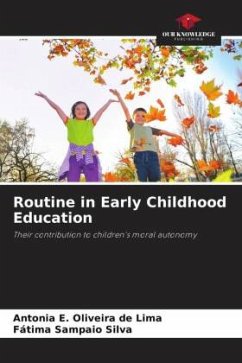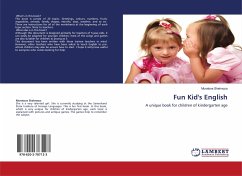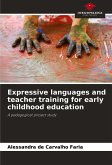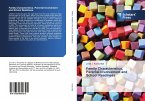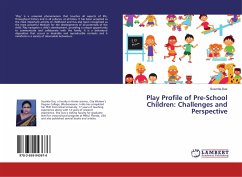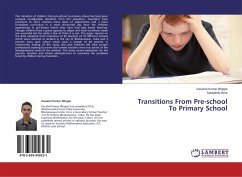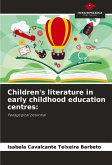Early Childhood Education, as the first stage of Basic Education, requires a plural curriculum that must consider, among other aspects, the organisation of the daily actions that take place while children are at school. Since routine is the pedagogical category related to this organisation, this study set itself the general objective of analysing routine in Early Childhood Education, focusing on its contribution to the development of children's moral autonomy. To study moral autonomy, this book was based on Piaget's psychogenetic theory. Routine was discussed in the light of national and international scholars. The qualitative research used techniques from ethnographic studies. In relation to the routine, the results indicated that the timetables were rigid, the spaces inadequate and poorly structured, the activities did not arouse the children's interest and the materials were insufficient and unavailable; the teacher's interactions with the children did not favour the development of the children's moral autonomy. With regard to the teacher's conceptions of routine and autonomy, there was little understanding and a lack of clarity on these issues.
Bitte wählen Sie Ihr Anliegen aus.
Rechnungen
Retourenschein anfordern
Bestellstatus
Storno

